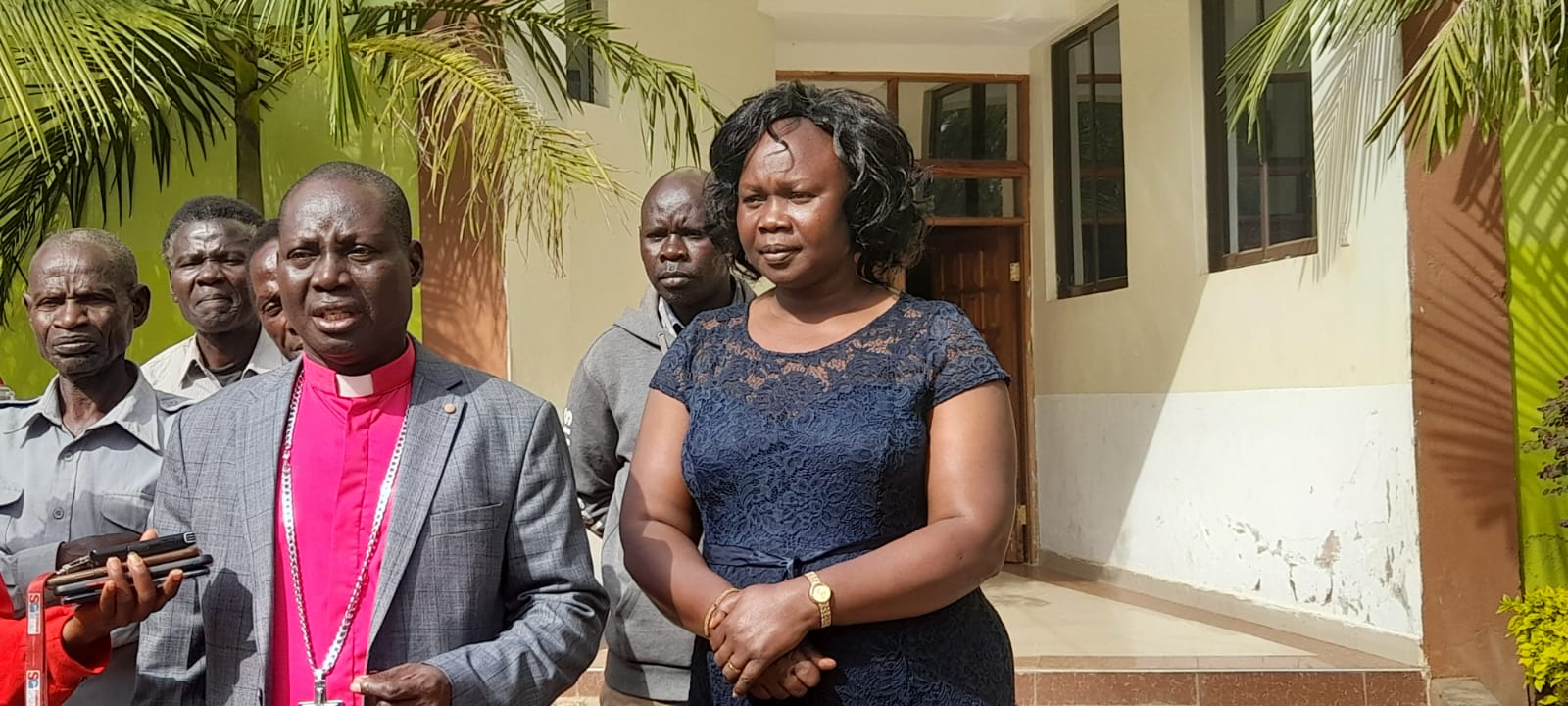The aftermaths of the Azimio la Umoja supported demonstrations in Migori County clearly indicate how the region’s social economic fabric nose-dived to its lowest ebb, after the last week’s three consecutive days of chaos.
Up to eight souls of sons, fathers, mothers, brothers, sisters, nieces, and other close relatives to the local people reportedly lost their lives as tens of others sustained serious injuries in the hands of the no-nonsense security personnel deployed within the region to quell the countrywide riots.
Experts also estimate the trail of destruction left after last week’s civil turmoil in the region at over Shs.1 billion in looted and burnt property, as well as blocked day-to-day trade interactions both at local and international levels.
Whereas the demonstrations were constitutionally called by the Azimio outfit to protest the current high cost of living in the country, on the other hand, the demos can be said to have been taken overboard by the owners by deviating from the expected peaceful picketing on the streets to one of the worst melodrama pitting angry youths and armed police officers.
The security agents’ swift actions to deceptively protect property and life have however been adversely condemned from all fronts and termed as unnecessary use of excess force on harmless residents by the political class, the clergy, and the civil rights organizations operating in the area.
The critiques of police brutality against the local people assert that it is inhuman and against God to use live bullets to snap life out of a fellow human being on account of protecting property and restoring order.
“There is no spare part for human life and it is wrong for a security agent to fire live ammunition on a person. It is immoral, un-Godly for you as a policeman sent to quell a peaceful demo to fire live bullets to kill your fellow Kenyan,” said Bishop Dr. John Okinda
Bishop Okinda who is also the vice chairman of the National Council of Churches of Kenya (NCCK) says it was so bad and painful to watch a young man drop dead from a live bullet fired by a rogue police officer, yet the crowd was just picketing to see life improve for them and the same killer gun handler.

Bishop John Okinda addressing the press in Migori town.
A good number of young men got maimed out of the beatings rained on them by the security agents sent to stop the anti-government demos and, above all, the teargas lobbed by the police onto the people, into homes and estates, has to date been a firmed by experts as causing serious health problems, especially to the old and the little children.
However, the same level of critique must also be directed towards the demonstrators who decided to block roads with stones, bonfires, and other crude elements of human-made fabrics, thereby denying people freedom of movement, freedom of trade and generally interfering with peoples’ rights as enshrined in Kenya’s beautiful 2010 constitution.
It was a three day of Kenya’s painful shame as young demonstrators burnt their own mothers’, relatives’, and friends’ shops, kiosks, and looted goods worth hundreds of thousands of shillings belonging to the people they had for so long interacting with their neighborhoods.
People were denied freedom of movement even within their own localities deep in remote villages as the charged youth demanded money before allowing them passage using the only available mode of transport; boda boda.
All Passenger Service Vehicles (PSVs), Private cars, and Lorries transporting goods in and out of the County had their movement curtailed due to blocked roads.
Life came to a standstill within the region as the rioters engaged and exchanged flying stones with security personnel’s live bullets, teargas, and buttons.
The end game was a record large number of deaths, a record over 200 people who today can no longer perform their normal duties of fending for their families due to the injuries sustained and a broken family fabric due to the death of a family’s sole breadwinner or a run-away son or relative fearing arrest by the police.
A number of police officers were also injured during the heightened melee to secure civil order within the region.
Migori being on a transit route to Tanzania and other East African nations, the decision by the rioters to block the Kisii-Migori-Sirare corridor passway is no doubt tantamount to bringing international trade to a halt. And this is exactly what happened, subjecting a huge quantity of export and import goods to 72 hours of no reach at the Isebania border town.
The clergy and the human rights bodies from the region now want the Kenya Kwanza-led government and the opposition to strive to reach a common ground in order to allow peace and order to prevail in the country.
They say peace cannot be earned through the use of guns, buttons, teargas, and stones but through a round-table tete-a-tete, reminding the leaders of the peaceful atmosphere earned during the past regimes.